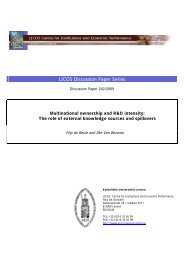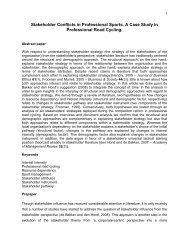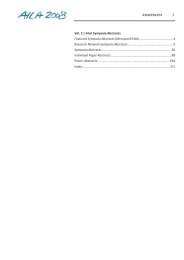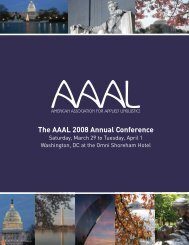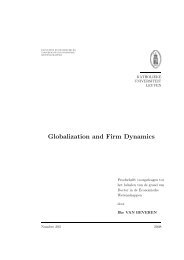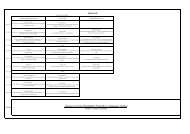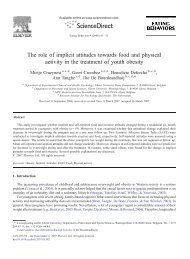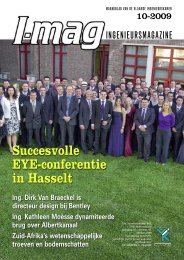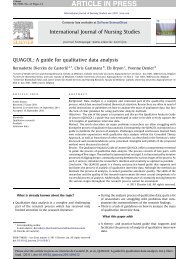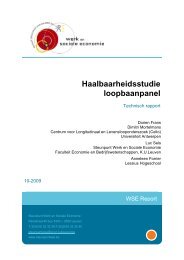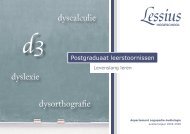View/Open - Lirias@Lessius
View/Open - Lirias@Lessius
View/Open - Lirias@Lessius
Create successful ePaper yourself
Turn your PDF publications into a flip-book with our unique Google optimized e-Paper software.
Cyprus: The Belgian ‘Tool Box’ Revisited<br />
Can Belgium be a model for<br />
other multi-ethnic or multilinguistic<br />
states?<br />
In order to help address the enormous<br />
challenges Cyprus faces in learning from<br />
the unique Belgian bi-ethnic multi-tier<br />
governance experience, we will first shed<br />
some light on the federal system of Belgium,<br />
asking whether the country is a post-Westphalian state and whether it can be<br />
a model for multi-ethnic states in general. Then, in specific reference to Cyprus, we<br />
will list fourteen of the special arrangements/characteristics of the Belgian system<br />
and compare those to the objective realities on the ground in Cyprus.<br />
The Belgian Federal System: A General Model for Multi-ethnic<br />
States?<br />
When Belgium was founded in 1830, it corresponded to the characteristics of<br />
the so-called Westphalian state: national sovereignty was expressed in the will of<br />
the French-speaking bourgeoisie to create a state in which the main affairs were<br />
to be conducted in the “language of civilization and culture” of that time, namely<br />
French, although more than half of the population consisted of Dutch-speaking<br />
Flemish citizens. Belgium’s elites considered their state to be a civic nation-state<br />
in which the language of these elites, which also happened to be the language of<br />
the French “ethnic” group, the Walloons, was to be the dominating one and in<br />
which the Flemish were required to accept the use of the French language in the<br />
administration, the judiciary, the army and in higher education.<br />
In the Westphalian system, it was the most common thing to think that the<br />
state could only be administered in one language to which the speakers of other<br />
languages or other ethnic groups had to assimilate. This Westphalian concept of<br />
the state, especially its assumption of the congruence of state and (mono-linguistic)<br />
nation has been relativised by the events that occurred in the recent history<br />
of Europe. The recognition that European state nationalism had led (among other<br />
factors) to two devastating world wars provided incentive for Europeans to create<br />
a web of transnational institutions, making the European Community and<br />
European Union a multinational and multi-linguistic enterprise, an endeavor that<br />
repeats, on a larger scale, what present-day Belgium as a multi-lingual state purports<br />
to be. Where modern Europe was born with the Peace Treaty of Westphalia<br />
(1648), postmodern Europe begins with the Treaty of Rome (1957) as an attempt<br />
to go beyond the nation-state. 5<br />
In Belgium itself, a Flemish Movement, led by intellectuals, writers and local<br />
politicians, started soon after the foundation of the Kingdom of Belgium to strive<br />
113



